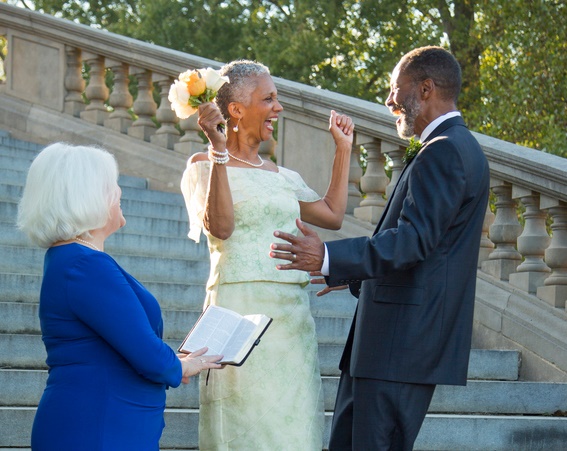May 10, 2018
Congrats On Your Remarriage! Hope You Have A Prenup.

Remarriage On The Rise
According to a recent report from the Pew Research Center, there is an increase in remarriage among people who are 55 and older. The report shows that 67% of previously married people ages 55 to 64 had married again and half of all adults 65 and older had remarried. Chances are high that most of these individuals have grown children from their first marriage – grown children with opinions about their parent’s new betrothed and questions about how the marriage might impact them.
Grown Children vs. New Spouse
These questions may center around a child’s anticipated inheritance – will the money now go to the new spouse? Or, they may be concerned with their parent’s partner’s ability to make healthcare decisions without consulting them. The flip side, of course, is that in many cases the remarrying parent may still live independently and have their own opinions about how their assets pass upon their death and who will be there to take care of them in a medical crisis. Needless to say, navigating these issues and the competing concerns of grown children and a new partner can be tricky.
Estate Planning Eases Concerns
It is critical for individuals in this position to have a conversation with an estate planning attorney who can help them consider all the potential ramifications of remarriage and structure an estate plan that reflects their wishes. The union of two older adults can mean the merging of significant assets held by each. This merger has not only income tax consequences, but also may result in the loss of government benefits or the loss of pension or alimony rights. The marriage also significantly impacts the individuals’ estate plans. Increased assets may lead to higher estate or inheritance taxes and, without a prenuptial agreement and Will specifically outlining the distribution of assets upon death, one side’s children may not receive the inheritance their parent intended.
The decision not to marry also carries significant implications. An unmarried partner will get nothing when their partner dies without a Will specifically providing otherwise. Unmarried partners also may face difficulty advocating for their partner’s wishes in a medical crisis. An estate planning firm, such as Phelan, Frantz & Peek, can review the significance of each decision with an individual in this position and help make the transition to the next phase of life smoother and more peaceful.

Beware the Oft Spoken Line to Seniors: “Transfer Ownership of Your House to Your Kids!”




